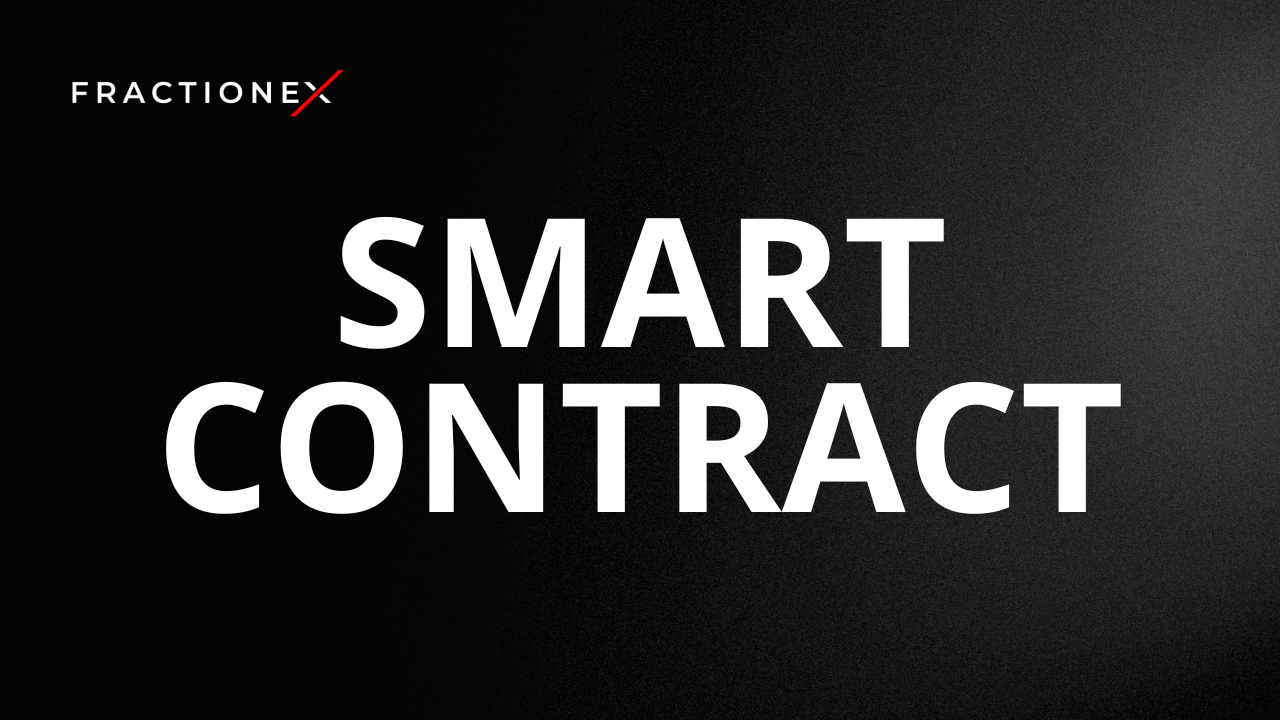A self-executing contract in which the terms of the agreement between buyer and seller are written directly into lines of computer code. These contracts run on blockchain networks and automatically execute, control, or document legally relevant actions when predefined conditions are met, without the need for intermediaries like lawyers or banks. Once deployed, smart contracts [...]

A self-executing contract in which the terms of the agreement between buyer and seller are written directly into lines of computer code. These contracts run on blockchain networks and automatically execute, control, or document legally relevant actions when predefined conditions are met, without the need for intermediaries like lawyers or banks. Once deployed, smart contracts are immutable (cannot be altered) and transparent, meaning all participants can verify the terms and execution. Commonly used in decentralised applications (dApps), cryptocurrency transactions, decentralised finance (DeFi), tokenisation, and supply chain management. They provide increased efficiency, security, and trust while reducing the potential for fraud, errors, and delays.
Key Features:
- Automation: Automatically executes the terms of the contract once conditions are met.
- Security: Blockchain technology ensures that the contract is tamper-proof and protected from hacking.
- Transparency: The terms and actions are visible to all participants in the blockchain network, ensuring accountability.
- Decentralisation: Eliminates the need for central authorities by using decentralised blockchain networks, reducing intermediaries.
- Immutability: Once the contract is deployed, it cannot be altered, ensuring the integrity of the agreement.
Example Uses:
- Cryptocurrency Transactions: Ensures automatic transfer of assets when certain conditions are met.
- DeFi Protocols: Facilitates lending, borrowing, and liquidity provision without intermediaries.
- Supply Chain Tracking: Automates verification of goods’ movement and ensures timely payments.
- Insurance: Triggers automatic payout based on real-world data, like flight delays or natural disasters.
Smart contracts are revolutionising various industries by reducing reliance on intermediaries, improving transparency, and enhancing the efficiency of executing agreements.

